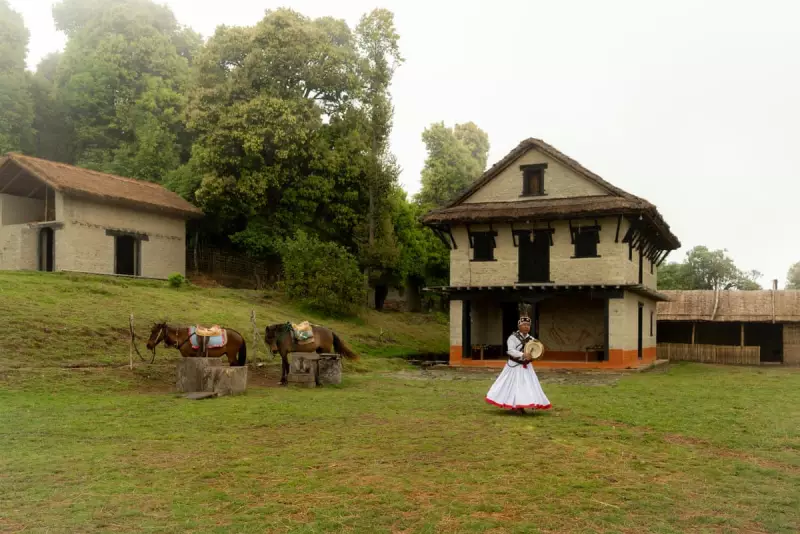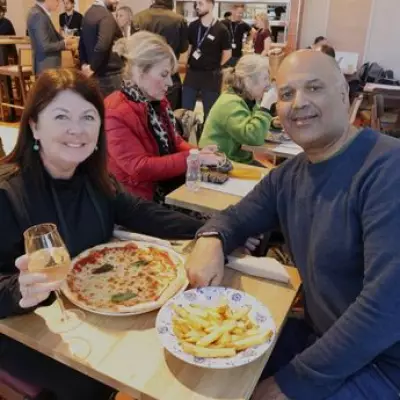
In the ancient Newari town of Panauti, a quiet revolution is taking place. Here, amidst the cobbled streets and meticulously carved temples, a remarkable community tourism project is challenging gender norms and creating economic independence for indigenous women.
A Sanctuary of Cultural Immersion
The Women's Homestay Enterprise, established through the vision of local organisation Empowering Women of Nepal, offers travellers an authentic experience far removed from conventional tourism. Guests don't merely observe from a distance—they become part of the household, learning ancient recipes, participating in traditional ceremonies, and forming genuine connections with their hosts.
Economic Empowerment Through Tourism
For the women of Panauti, this initiative represents more than supplementary income—it's a pathway to financial autonomy and social standing. Many hosts are the primary breadwinners for their families, using their earnings to educate children, improve homes, and invest in small businesses.
"Before the homestay, I depended entirely on my husband's income," shares host Sita Shrestha. "Now I contribute significantly to our family finances and make decisions about our children's education. The respect I receive from my community has transformed."
Preserving Heritage Through Sustainable Practices
The project operates on principles deeply rooted in sustainability and cultural preservation. Unlike mass tourism that often dilutes local traditions, this model strengthens them:
- Traditional Newari architecture maintained in host homes
- Ancient culinary techniques passed through generations
- Local guides trained in cultural and environmental conservation
- Revenue directly supporting community development projects
A Model for Ethical Travel
This initiative demonstrates how tourism can become a powerful force for positive change when managed responsibly. Travellers seeking meaningful experiences increasingly favour such authentic encounters over conventional sightseeing, creating a virtuous cycle that benefits both visitors and hosts.
The success in Panauti offers a replicable blueprint for other indigenous communities worldwide, proving that sustainable tourism can simultaneously preserve cultural heritage, empower marginalised groups, and provide unforgettable experiences for conscious travellers.





